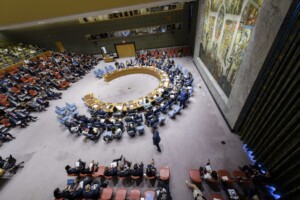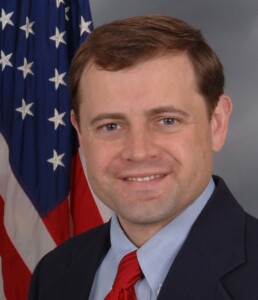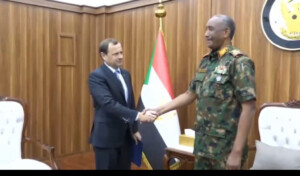World Radio Day 2020 – celebrating pluralism and diversity
On Thursday February 13, the world marked World Radio Day, advocating special focus for pluralism and diversity in newsrooms, broadcasters, and programming. World Radio Day is an annual event, proclaimed in 2011 by the member states of UNESCO, and adopted by the United Nations General Assembly in 2012 as an International Day.

On Thursday February 13, the world marked World Radio Day, advocating special focus for pluralism and diversity in newsrooms, broadcasters, and programming. World Radio Day is an annual event, proclaimed in 2011 by the member states of UNESCO, and adopted by the United Nations General Assembly in 2012 as an International Day.
UNESCO Notes: “Radio is a powerful medium for celebrating humanity in all its diversity and constitutes a platform for democratic discourse. At the global level, radio remains the most widely consumed medium. This unique ability to reach out to the widest audience means radio can shape a society’s experience of diversity, stand as an arena for all voices to speak out, be represented and heard. Radio stations should serve diverse communities, offering a wide variety of programs, viewpoints and content, and reflect the diversity of audiences in their organisations and operations.
“On World Radio Day 2020, UNESCO calls on radio stations to uphold diversity, both in their newsroom and on the airwaves.”
This edition of World Radio Day is divided into three main sub-themes: Advocating for pluralism in radio, including a mix of public, private and community broadcasters; Encouraging representation in the newsroom, with teams comprised of diverse society groups; and promoting a diversity of editorial content and programme types reflecting the variety of the audiences.
Radio Dabanga
This year’s World Radio Day has special significance for Radio Dabanga, as it falls just a few days after a visit to Sudan and Darfur by a Radio Dabanga delegation, led by editor-in-chief Kamal El Sadig, for the first time since the radio station was established in exile 11 years ago.

UNESCO’s comments that “radio is a powerful medium for celebrating humanity in all its diversity and constitutes a platform for democratic discourse,” resonate especially with El Sadig as he reflects how Radio Dabanga’s independent coverage has been credited with making a significant contribution to democratic change in Sudan, by Prime Minister Abdallah Hamdok, as well as members of government and opposition politicians.

Also “the unique ability to reach out the widest audience means radio can shape a society’s experience of diversity, stand as an arena for all voices to speak out, be represented and heard,” could be seen in the vast diversity, and predominance of women and young people, in the crowds that gathered to greet El Sadig along the way in Um Kedada and Nyala. “That is why this trip to Darfur has allowed us to, more than just literally, explore the new road, and I feel a very strong and bright future for Radio Dabanga,” he says.
Video: Radio Dabanga editor-in-chief welcomed in Um Kedada after 11 years in exile
Video: Radio Dabanga delegation greeted in Nyala, South Darfur by traditional Hakamas singers
Radio Dabanga’s editorial independence means that we can continue to provide factual updates about political developments to Sudanese and international actors, educate people about how to avoid outbreaks of infectious diseases, and provide a window to the world for those in all corners of Sudan. Support Radio Dabanga for as little as €2.50, the equivalent of a cup of coffee.










 and then
and then